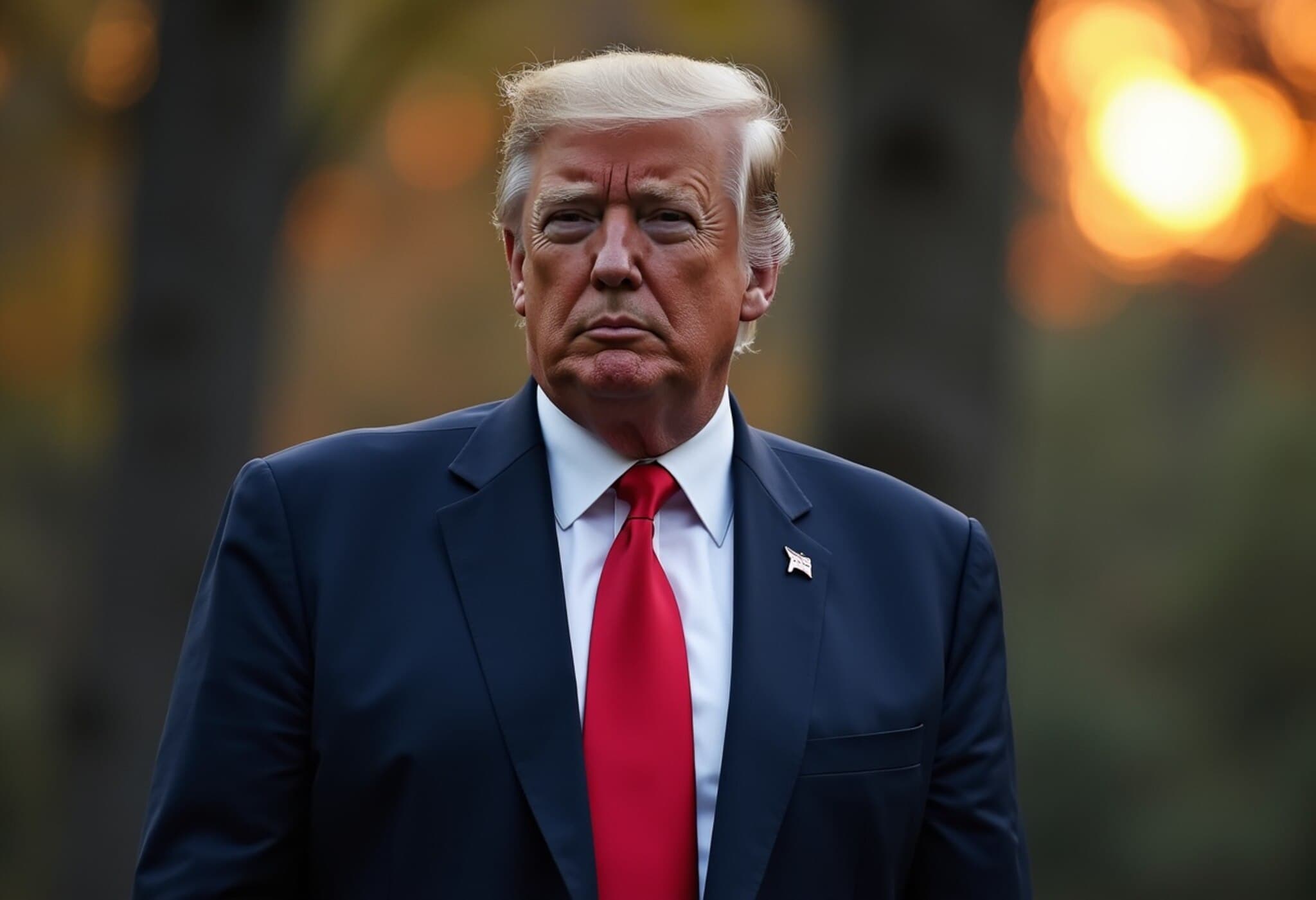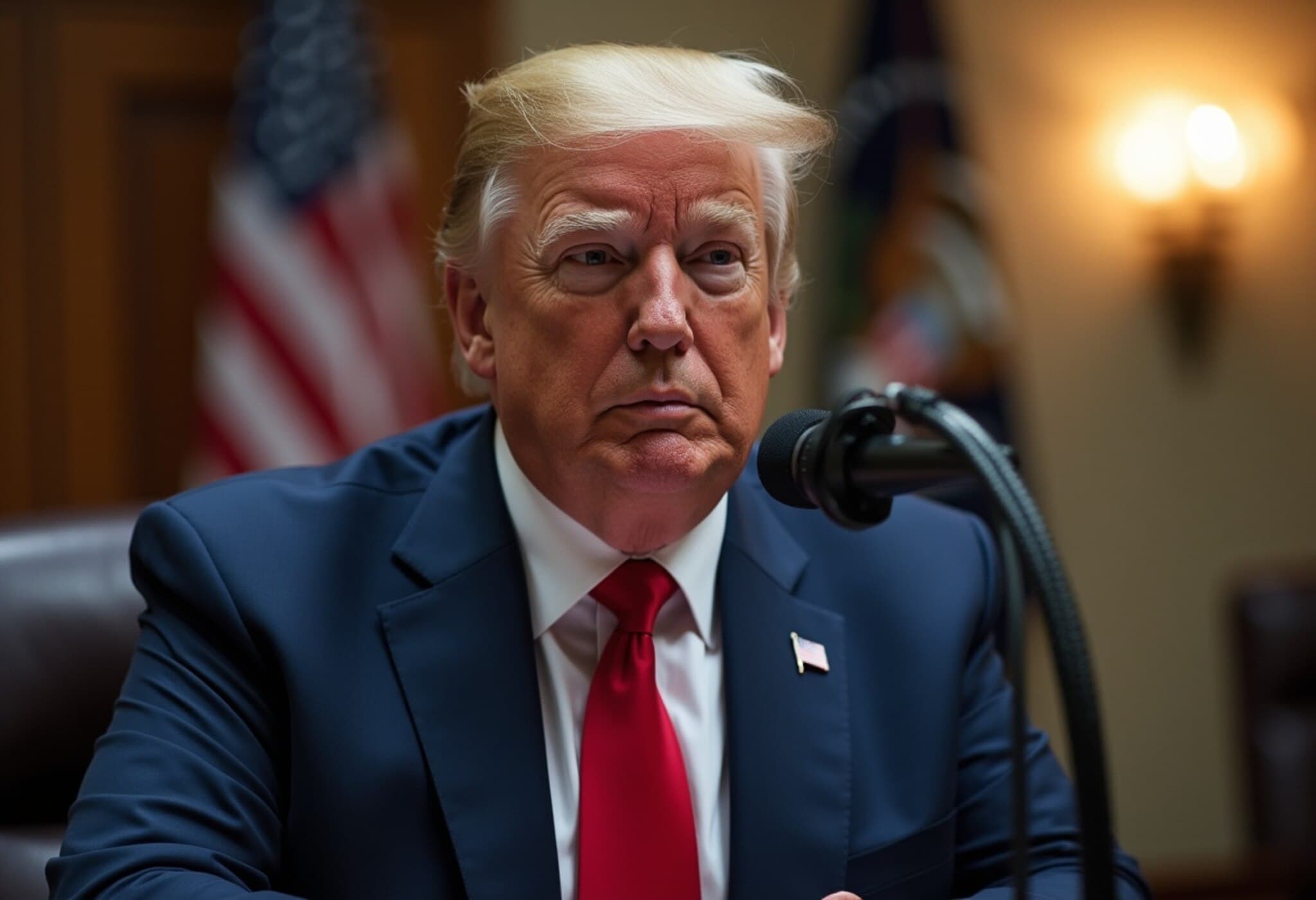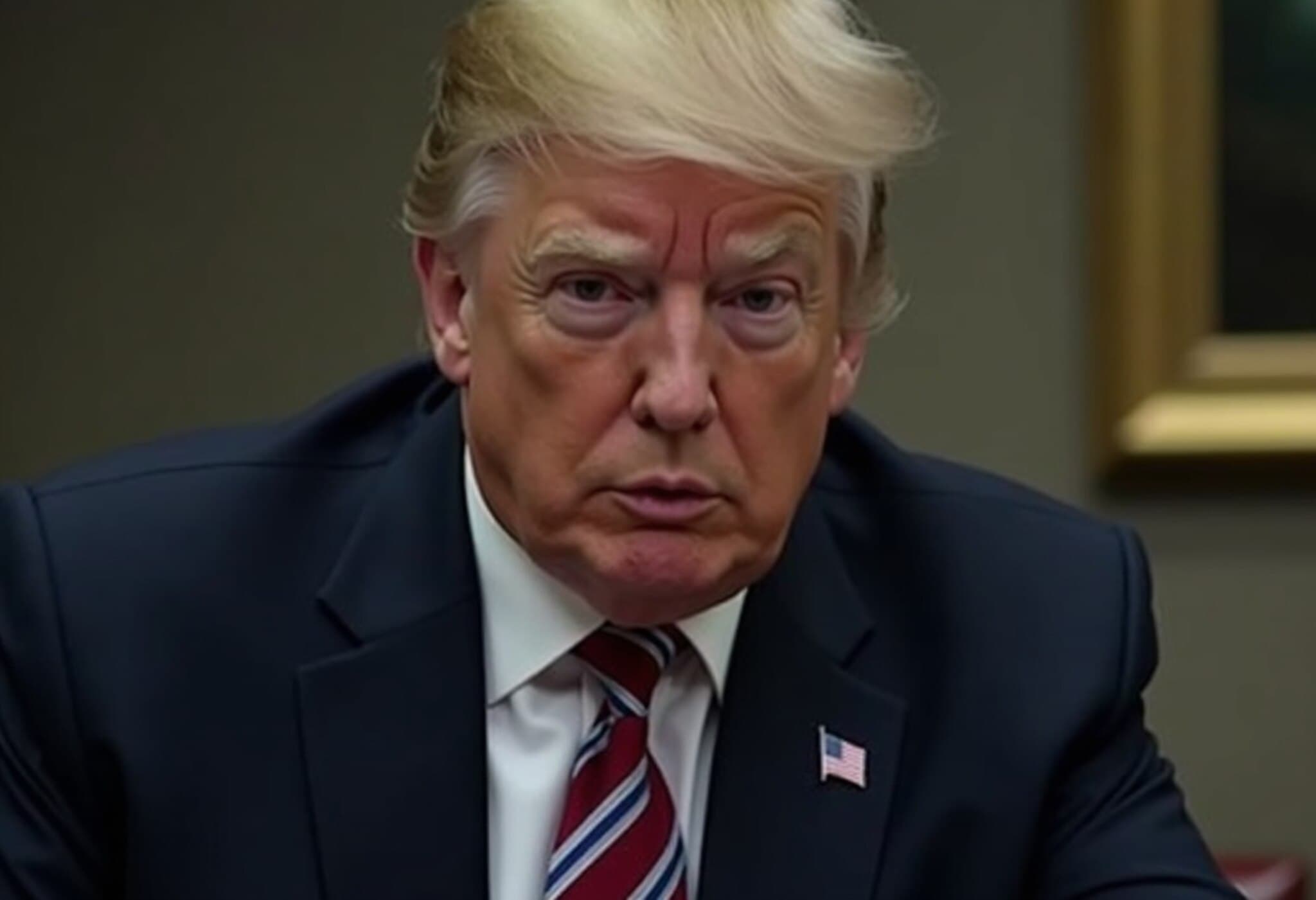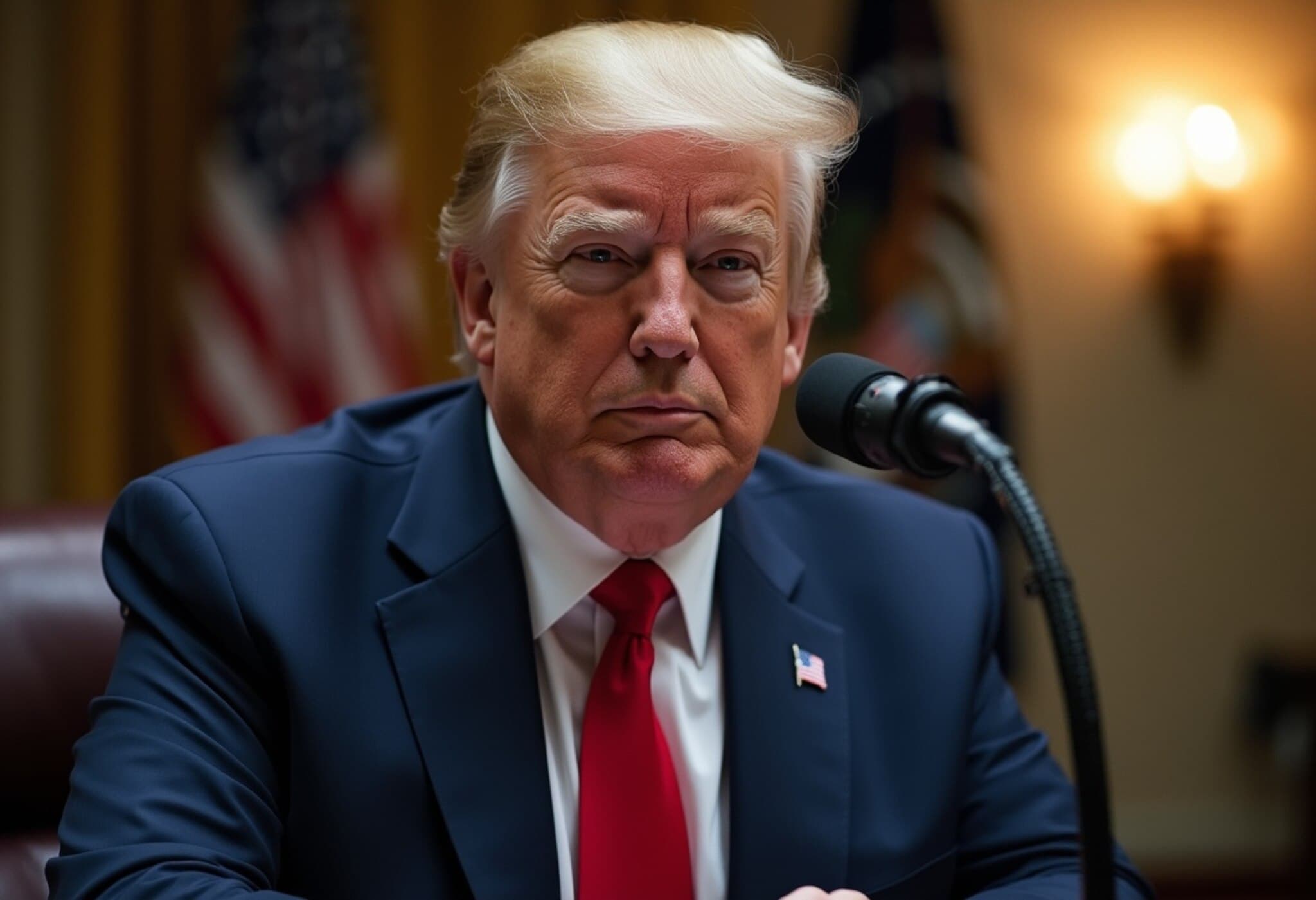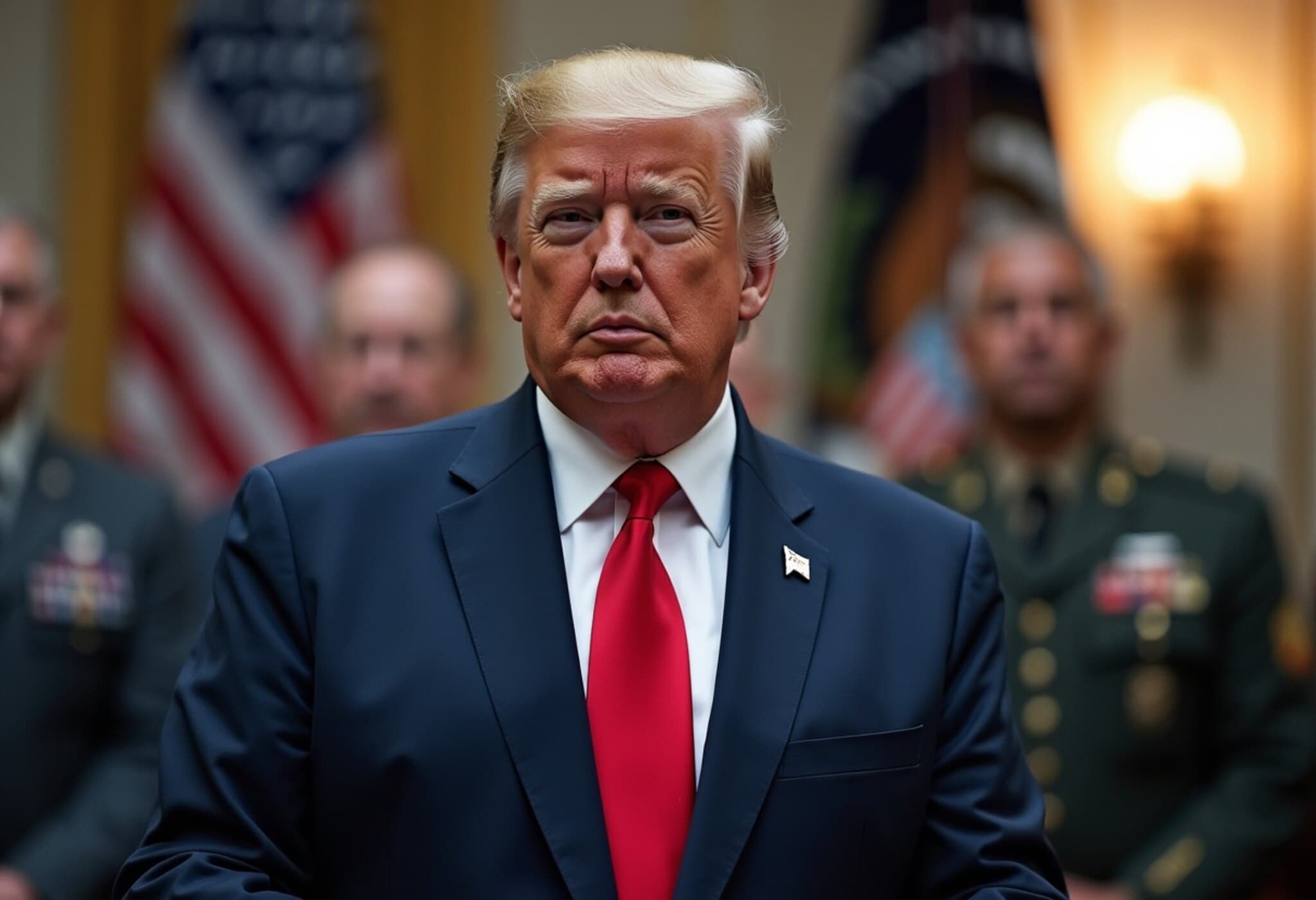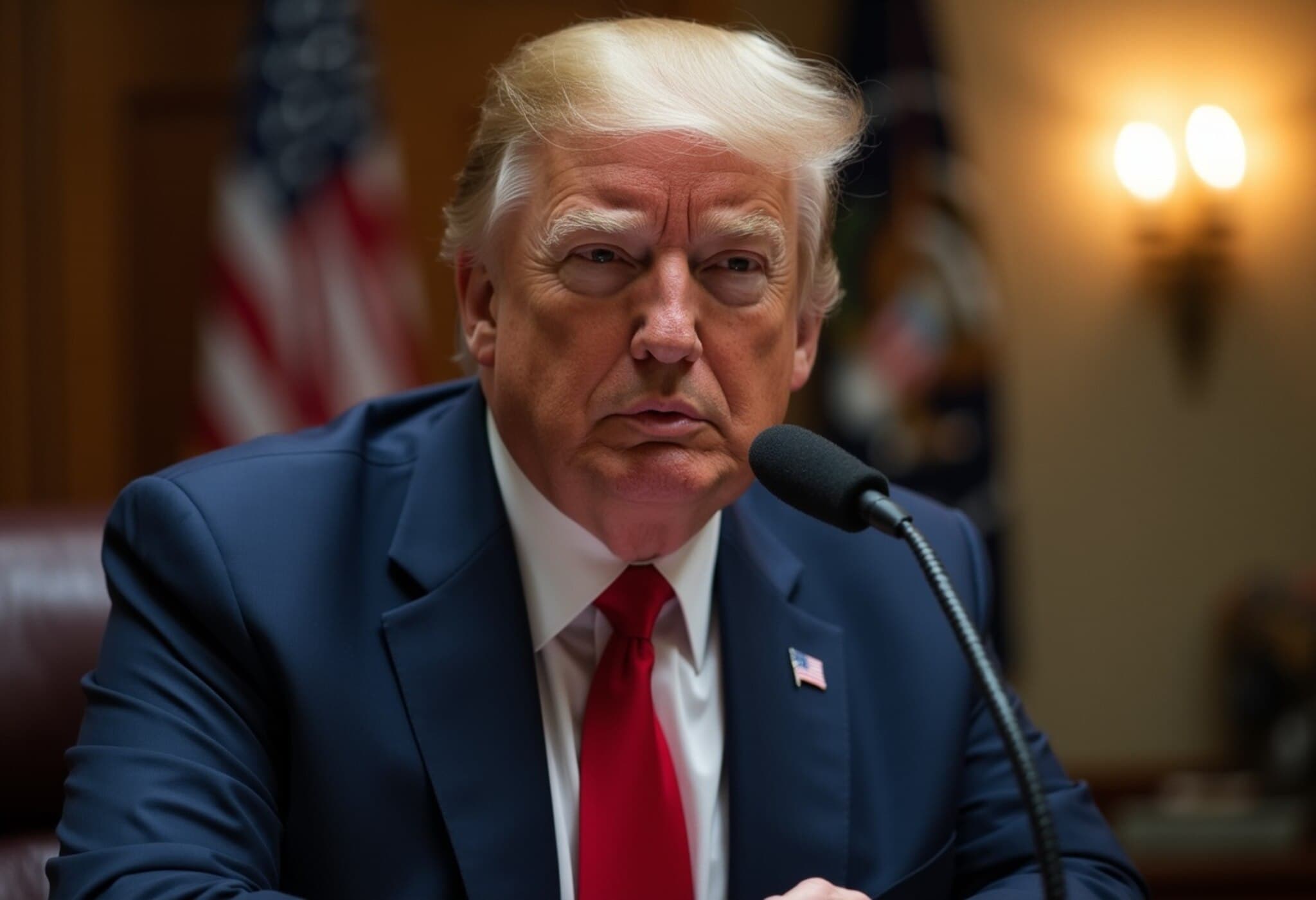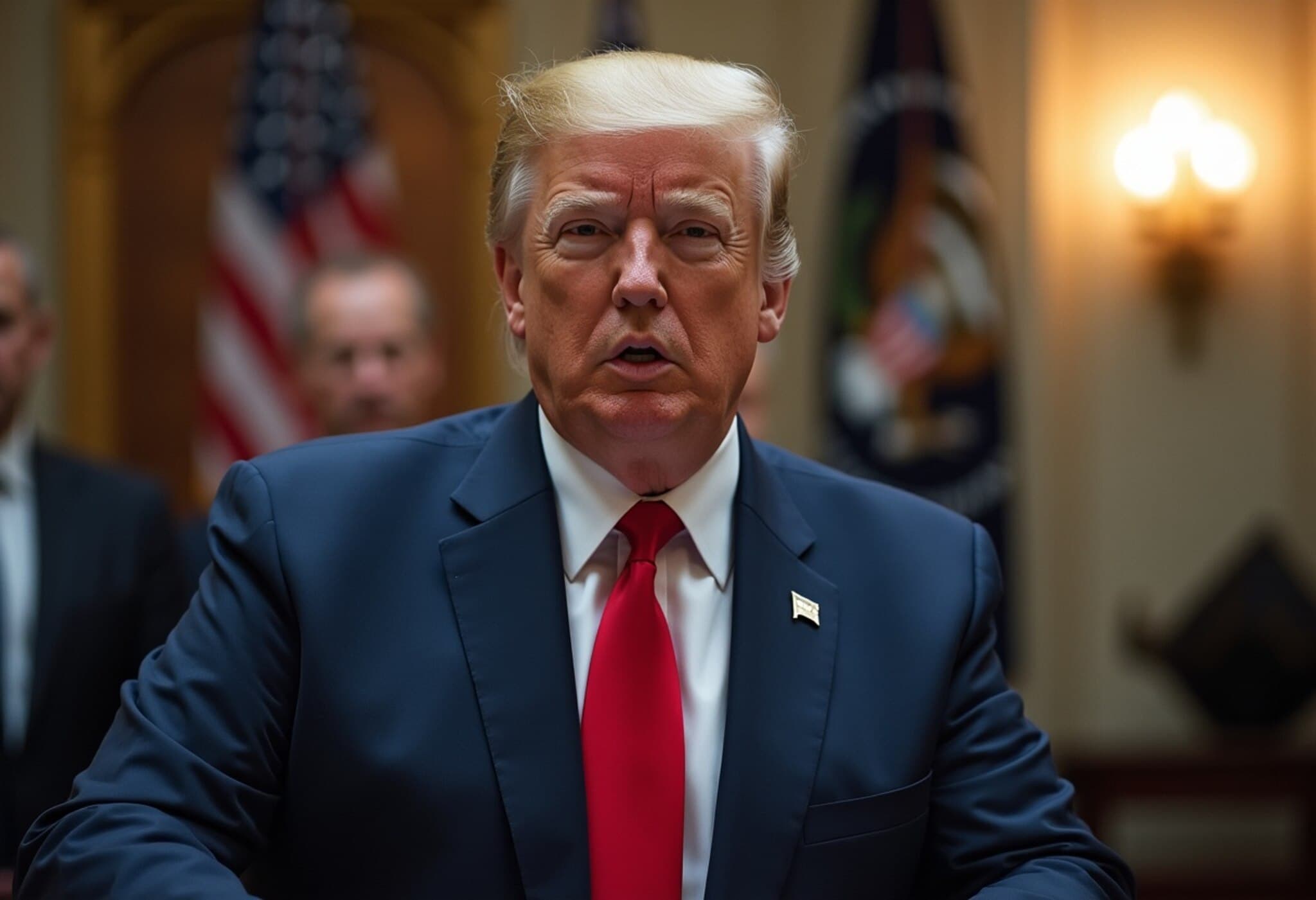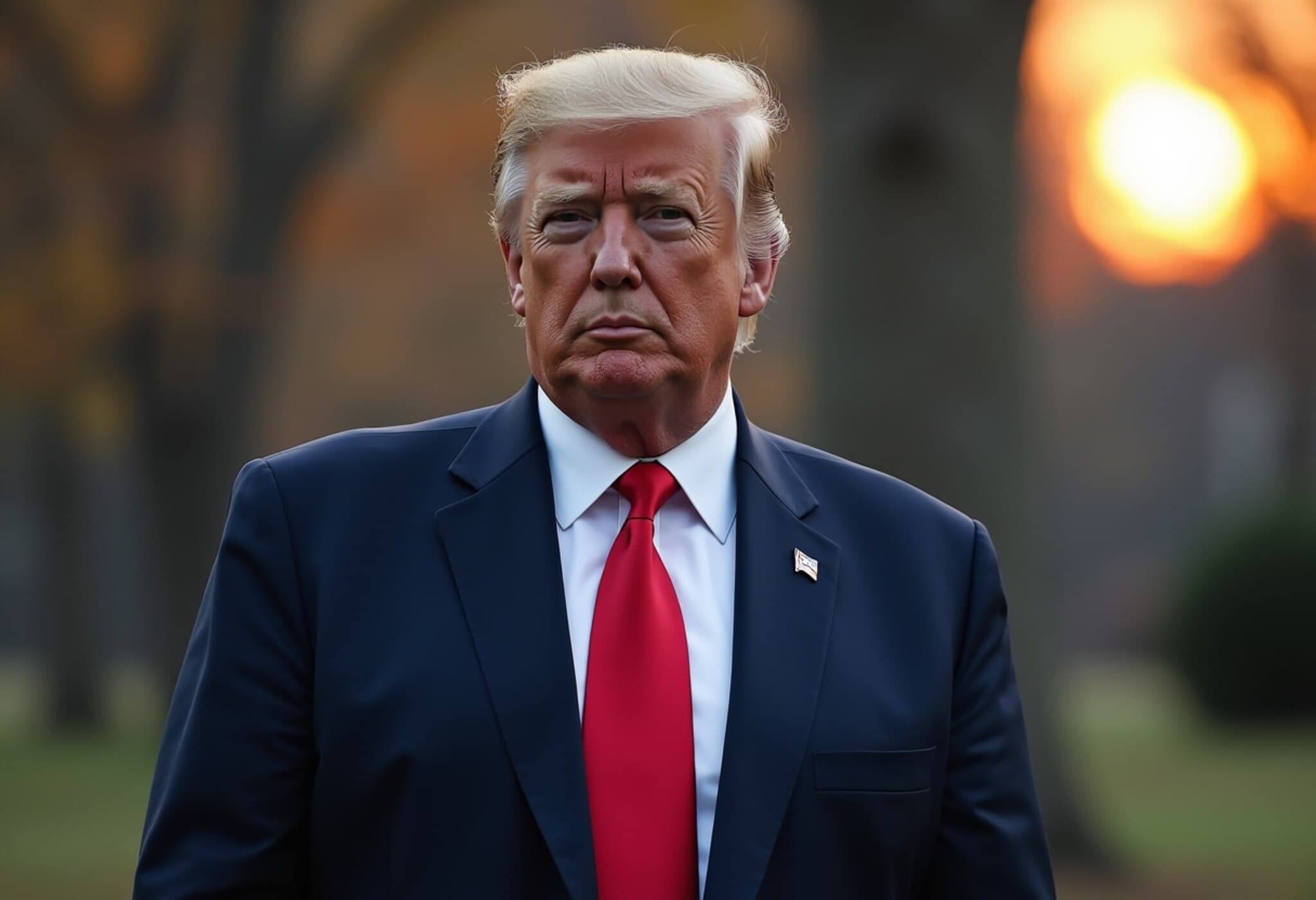Half a Year into Trump’s Controversial Second Term
As President Donald Trump crosses the six-month milestone in his second term, the spotlight remains intensely focused on his administration — not just for policy moves, but for the ongoing controversy surrounding the handling of the Jeffrey Epstein investigation files. This period has been marked by a mixture of political achievements, public debates, and legal scrutiny that continue to shape the national conversation.
Political Landscape: Achievements and Challenges
Since being sworn in for his second term earlier this year, President Trump has pursued aggressive policy initiatives including reforms in immigration, trade, and national security. His administration emphasizes border control and renegotiation of trade agreements as marquee issues that resonate with his core supporters.
Yet, these strides occur alongside a turbulent backdrop. Trump’s relationship with both Congress and the media remains complex — supporters praise his directness and outsider approach, while opponents critique his rhetoric and governance style.
The Epstein Files Controversy: Legal and Ethical Questions
A central point of contention during these six months has been the handling of documents related to financier Jeffrey Epstein’s criminal activities. The release and management of Epstein files have drawn widespread public and legal attention, raising profound questions about transparency, accountability, and the reach of powerful networks implicated by these documents.
Legal analysts point out that the government's approach to declassifying information relating to the Epstein investigations could set a precedent for the treatment of sensitive, high-profile cases in the future. For many Americans, the saga highlights broader societal concerns about justice for victims of powerful offenders.
Regional and National Implications
From an American policy perspective, the Trump administration’s handling of issues like Epstein's files intersects with ongoing debates about criminal justice reform, victims’ rights, and the influence of wealth and power in the legal system. States across the country are watching closely, while advocacy groups urge for more rigorous oversight and legislative remedies.
Experts suggest that these controversies could influence upcoming election cycles by affecting public opinions on governmental transparency and ethical leadership.
Looking Ahead: What Comes Next?
- Continued scrutiny over Epstein-related case files and potential new investigations.
- Potential legislative efforts aimed at improving transparency and victim protections.
- Impacts on bipartisan dialogue and policy negotiations in a deeply divided political climate.
Editor’s Note
As President Trump marks six months in his second term, the unfolding Epstein files controversy serves as a reminder of the delicate balance between governance, justice, and public trust. It uncovers pressing questions: How does a democracy ensure accountability without compromising due process? What measures can safeguard victims while protecting legal rights? Observers and citizens alike should watch closely as these issues evolve, because their resolution could reshape American political and legal landscapes for years to come.

